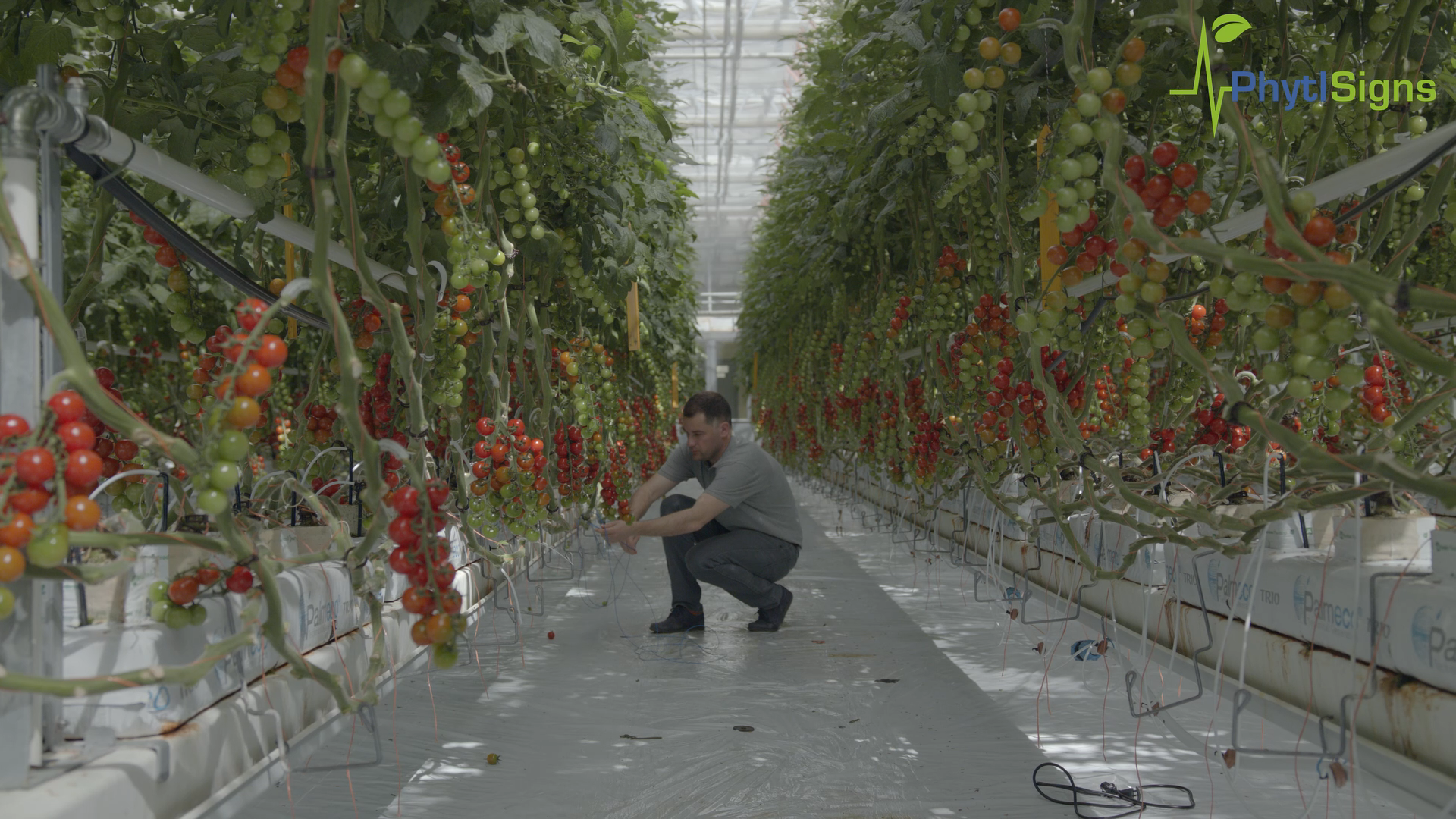There is nothing more distasteful than reading about food waste.
Food waste is not only a humanitarian issue with so many people globally living in hunger, but a major source of greenhouse gas emissions. It contributes to 8% of total global emissions, because we waste all the energy and water that it took to grow, harvest, transport and package the food.
We were disturbed to read in the Swiss press this week about tonnes of vegetables that were ready for sale to the supermarkets, but had not been bought and thus ended up as waste. The vegetables were in fact ground down and spread on fields as fertilizer.
Why did this happen? Swiss supermarkets are allowed to buy fresh produce outside of Switzerland for most of the year. However, it is protected for certain periods. For example, buyers must buy swiss tomatoes between the 1st June and 30th September, for cucumbers, the period of protection runs from 12th May to 8th October. This is the case for each fruit and vegetable than can be grown in Switzerland.
It turns out that the buyers had bought tomatoes before the 1st June from third countries when in fact there were already swiss tomatoes available. It is well known how difficult it is for swiss growers to be competitive compared to their neighbors as a result the produce didn’t find a buyer and went to waste.
This system of these specific dates has worked well for many years, but with the advent of greenhouse horticulture and better technology, Swiss vegetable producers are able to bring tomatoes to market as early as March and as late as November.
We are already working with swiss growers to improve yields and product quality in greenhouse growing. Customers value our tech to measure plant health in real-time which helps to expand their season.
Swiss growers must now find a way of ensuring their produce gets to market as further advances in growing technology will surely mean that tomatoes and other indoor grown fruit and vegetables will be available almost year-round.

